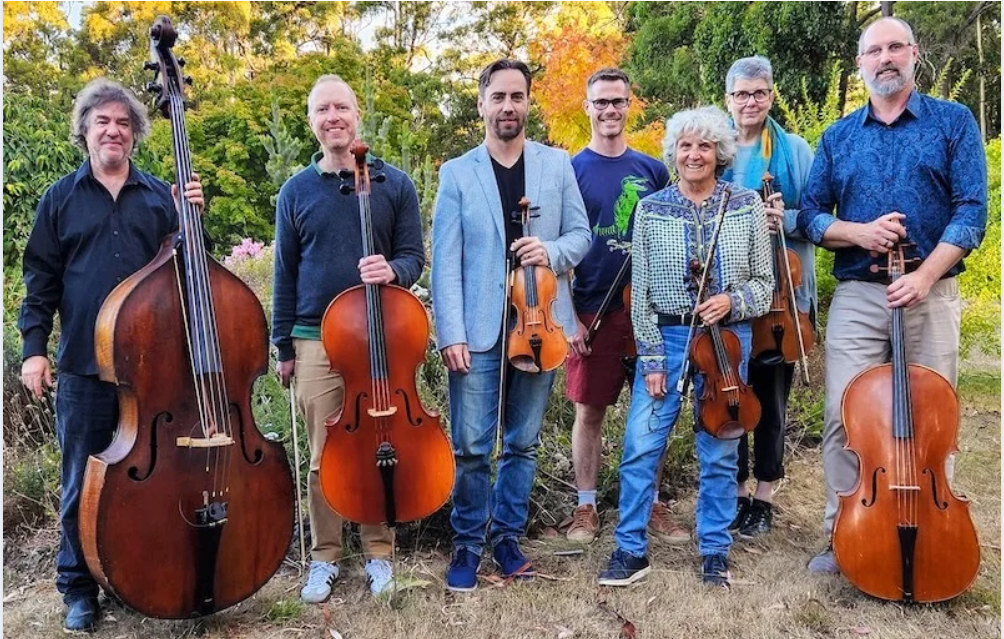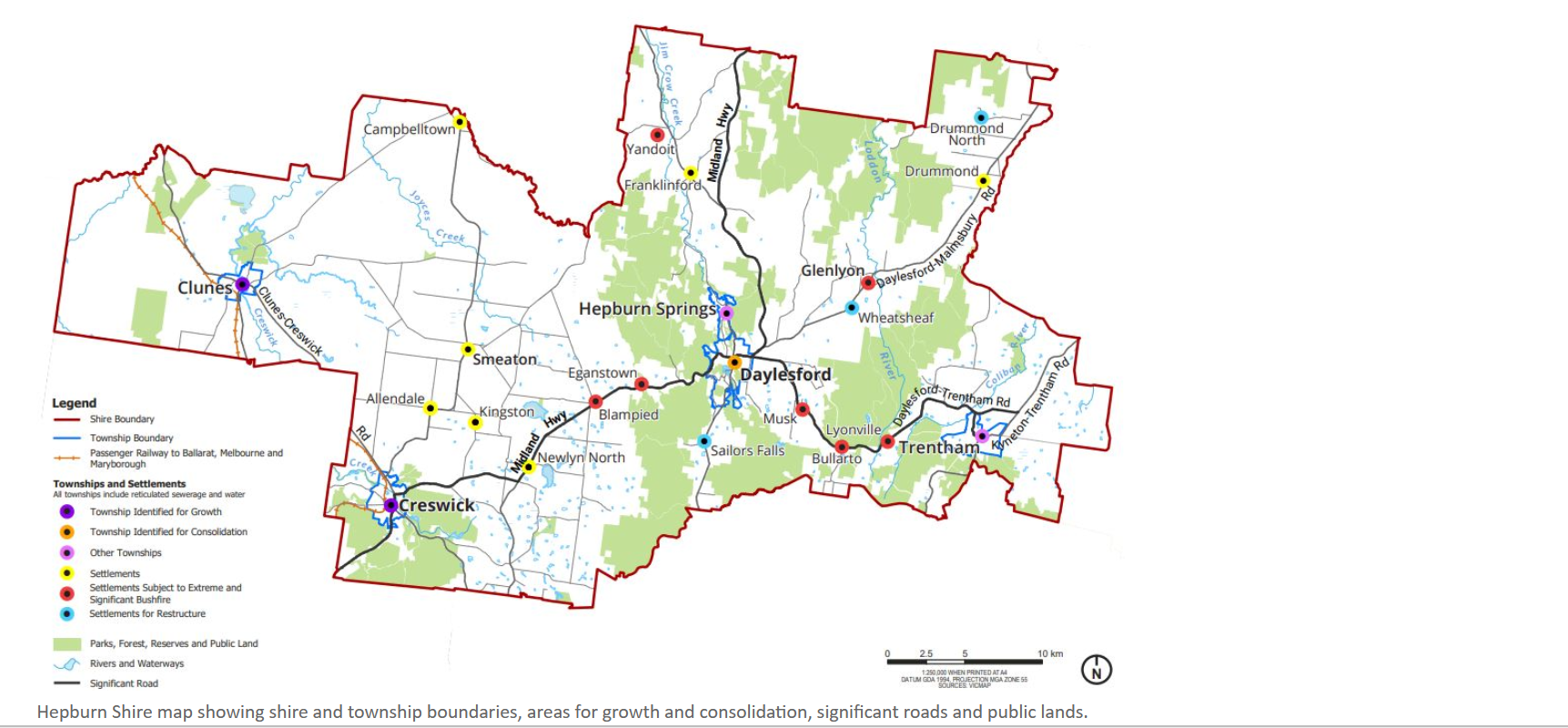May 7th, 2023Keeping a watchful eye on food outlet habits

Words: Dr Jeff Cave, Senior Veterinary Officer, Agriculture Victoria
A task undertaken by Agriculture Victoria’s animal health and welfare staff is conducting audits of food outlets to determine how they dispose of their food wastes. This can include visits to pubs, restaurants, supermarkets, bakeries and so on.
You may be thinking, why on earth are we spending our time doing that?
It is estimated that around 10 per cent of food premises provide food waste to pig owners or producers. This is not necessarily harmful or unsafe.
However, if the food waste contains meat, meat products or even any food that was served on the same plate or has come into contact with meat, including dairy products from overseas, it is then classified as a prohibited feed, and must never be fed or supplied to pigs.
Providing prohibited feeds to pigs, which is commonly known as swill feeding, has been shown to initiate outbreaks of serious diseases overseas.
The Foot and mouth disease outbreak in the United Kingdom in 2001 was started by swill feeding infected material to pigs, costing the country billions of pounds and the farming community great heartache.
Australia is fortunate to be free of many serious livestock diseases such as Foot and mouth disease and African swine fever, which are known as exotic diseases here.
An exotic disease outbreak would severely affect our livestock industries and the Australian economy.
Pigs can be safely fed fruit and vegetable wastes, grain and only bread which does not contain any meat material, and milk by-products if they originate from Australia.
For further advice please contact your local veterinarian or Agriculture Victoria Veterinary or Animal Health Officer, or in NSW your Local Land Services.










